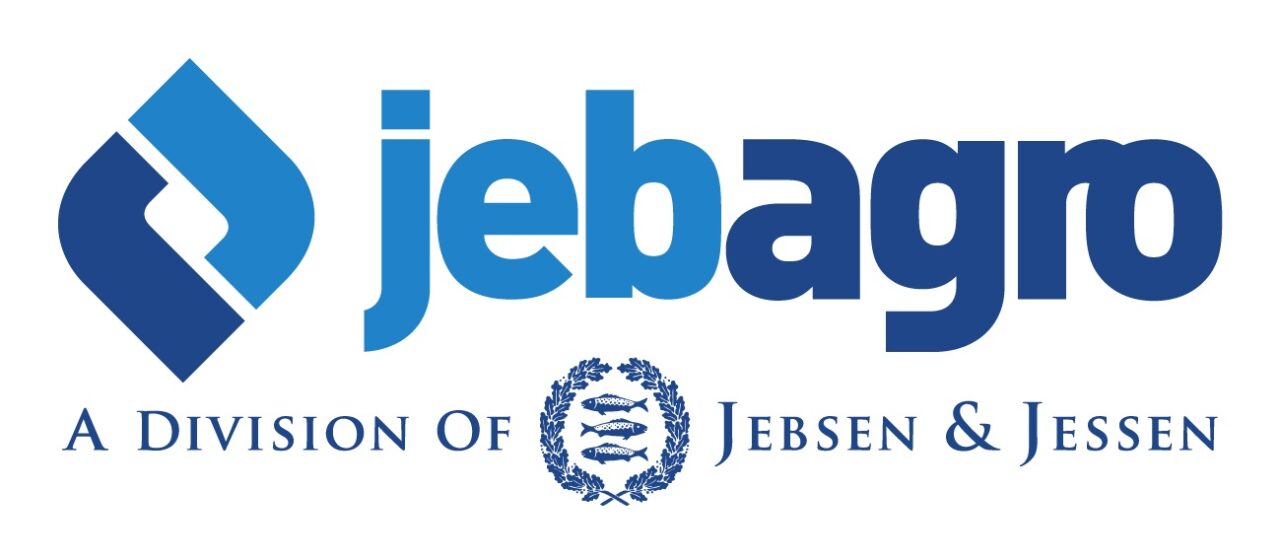Syngenta Gets EPA Approval for Bio-control Nematicide Seed Treatment

The U.S. Environmental Protection Agency granted registration approval to Syngenta for its bio-control nematicide seed treatment to control the soybean cyst nematode (SCN).
The bio-control nematicide – still yet to be named – will be commercialized for the 2014 season with the company’s leading insecticide and fungicide packages, Syngenta said.
The product stems from Syngenta’s acquisition of Pasteuria Bioscience, the U.S.-based biotechnology company. Since 2011, Syngenta and Pasteuria have had an exclusive global technology partnership to develop and commercialize biological products to control plant-parasitic nematodes, using the naturally occurring soil bacteria Pasteuria spp.
The notorious soybean cyst nematode is a problem across all major production areas in the U.S. Midwest, causing estimated losses of about $1.5 billion a year for growers. SCN damage is often misdiagnosed or confused with other pest problems.
“The bio-control nematicide seed treatment is highly effective against soybean cyst nematode,” said David Winston, seedcare product lead, Syngenta.
The bio-control nematicide reduces SCN feeding and reproduction, and kills the pest via Pasteuria spp., which is a bacteria that is a natural enemy to SCN.
A spokesperson said the name of the nematicide will be released within the next few months.





